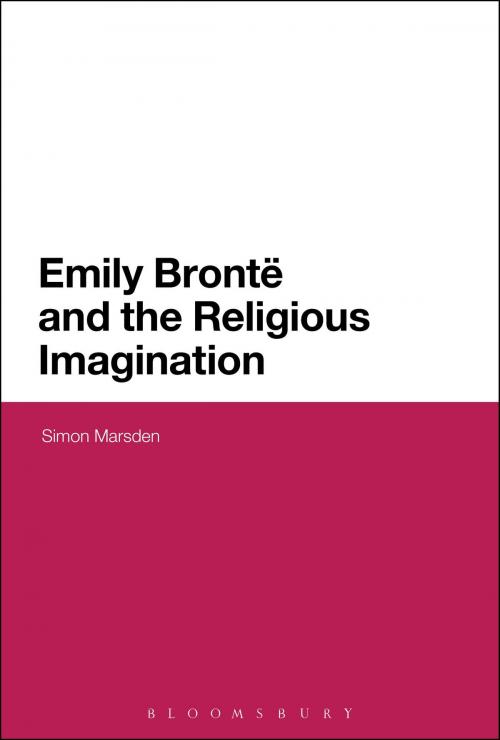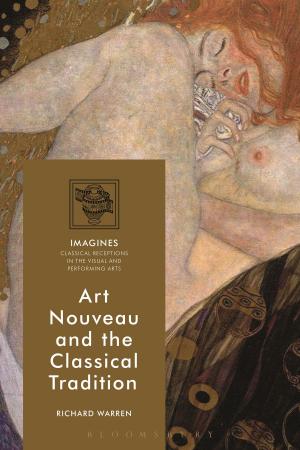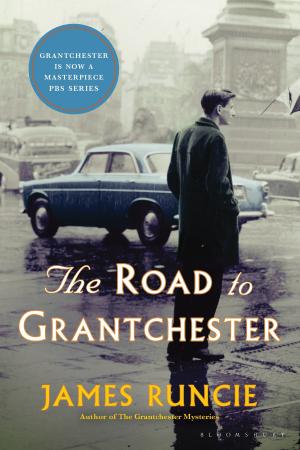Emily Bronte and the Religious Imagination
Fiction & Literature, Literary Theory & Criticism, Gothic & Romantic, Nonfiction, Religion & Spirituality, Christianity, Christian Literature| Author: | Dr Simon Marsden | ISBN: | 9781441153500 |
| Publisher: | Bloomsbury Publishing | Publication: | November 21, 2013 |
| Imprint: | Bloomsbury Academic | Language: | English |
| Author: | Dr Simon Marsden |
| ISBN: | 9781441153500 |
| Publisher: | Bloomsbury Publishing |
| Publication: | November 21, 2013 |
| Imprint: | Bloomsbury Academic |
| Language: | English |
Readers of Emily Brontë's poetry and of Wuthering Heights have seen in their author, variously, a devout if somewhat unorthodox Christian, a heretic, or a visionary "mystic of the moors". Rather than seeking to resolve this matter, Emily Brontë and the Religious Imagination suggests that such conflicting readings are the product of tensions, conflicts and ambiguities within the texts themselves. Rejecting the idea that a single, coherent set of religious doctrines are to be found in Brontë's work, this book argues that Wuthering Heights and the poems dramatise individual experiences of faith in the context of a world in which such faith is always conflicted, always threatened. Brontë's work dramatises the experience of imaginative faith that is always contested by the presence of other voices, other worldviews. Her characters cling to visionary faith in the face of death and mortality, awaiting and anticipating a final vindication, an eschatological fulfilment that always lies in a future beyond the scope of the text.
Readers of Emily Brontë's poetry and of Wuthering Heights have seen in their author, variously, a devout if somewhat unorthodox Christian, a heretic, or a visionary "mystic of the moors". Rather than seeking to resolve this matter, Emily Brontë and the Religious Imagination suggests that such conflicting readings are the product of tensions, conflicts and ambiguities within the texts themselves. Rejecting the idea that a single, coherent set of religious doctrines are to be found in Brontë's work, this book argues that Wuthering Heights and the poems dramatise individual experiences of faith in the context of a world in which such faith is always conflicted, always threatened. Brontë's work dramatises the experience of imaginative faith that is always contested by the presence of other voices, other worldviews. Her characters cling to visionary faith in the face of death and mortality, awaiting and anticipating a final vindication, an eschatological fulfilment that always lies in a future beyond the scope of the text.















